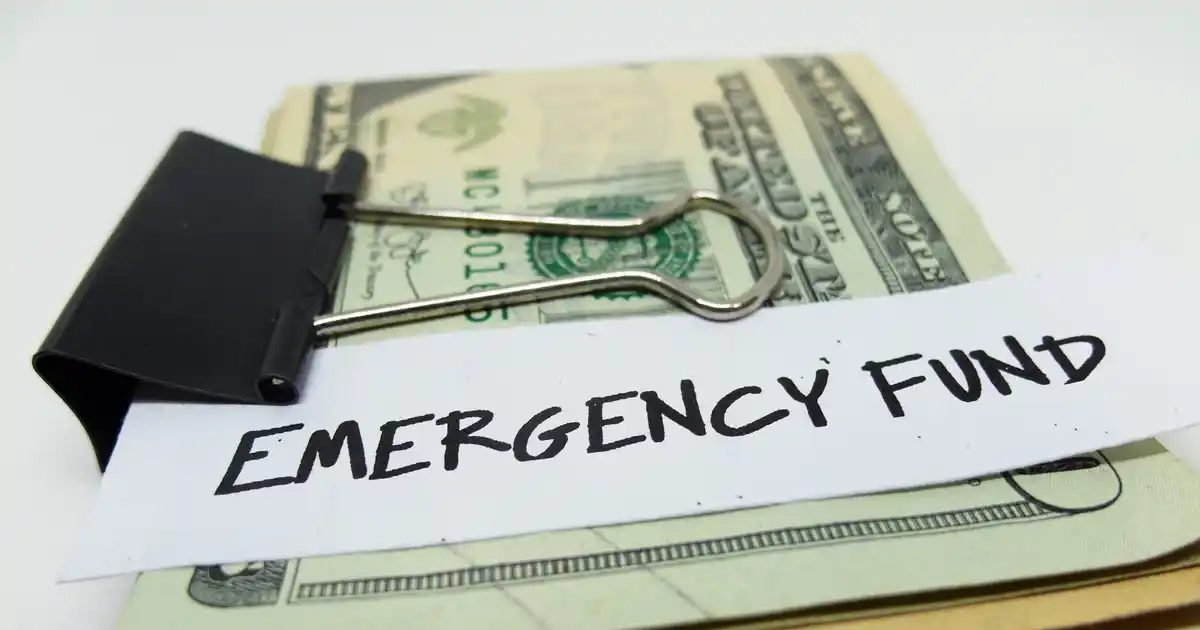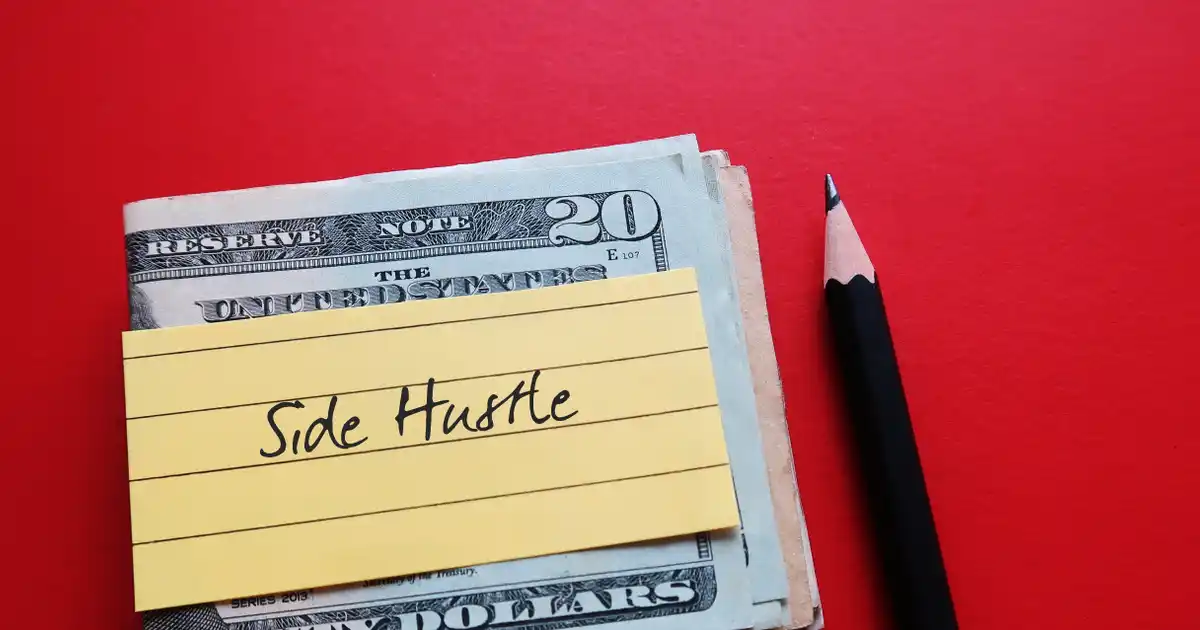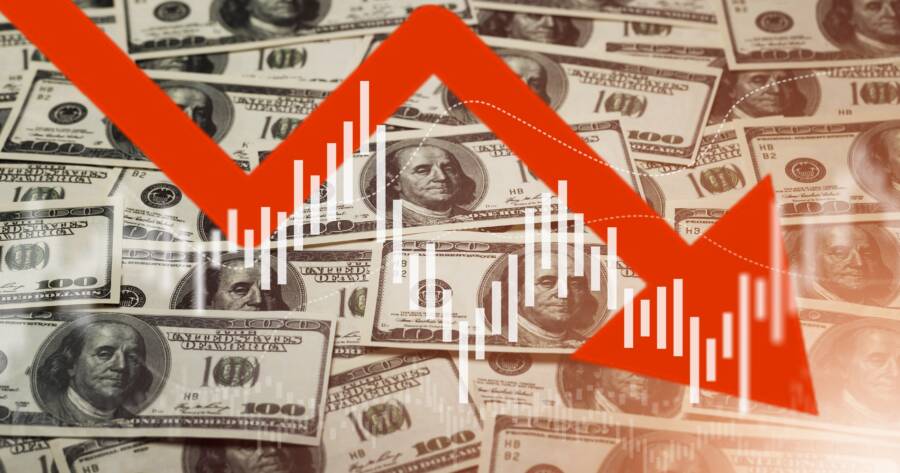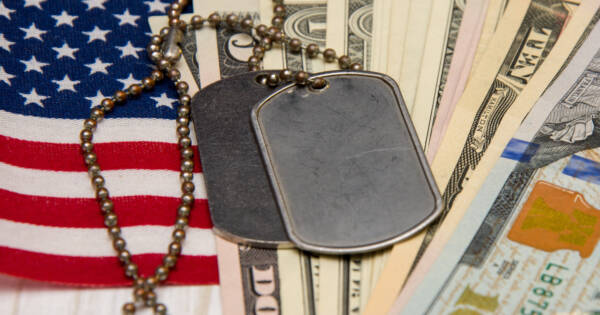With concerns about a potential recession on the horizon, many people are worried about their finances and financial future. Economists are warning of a recession in 2023 that could hit the United States and Canada hard, so it’s important to be prepared and have an idea of how you and your household are going to handle the financial challenges if it happens.
What Happens During a Recession
A recession is defined as, at minimum, two back-to-back quarters of economic decline and is officially declared in the U.S. by the National Bureau of Economic Research (NBER). During a recession, the economy struggles, companies lay off workers and wages stagnate or are reduced. Unfortunately, during this time, people may struggle to pay their bills, keep their home and have less (or no) money to spend on luxuries like vacations, dining out and entertainment.
 Shutterstock
ShutterstockWhat Not To Do (And What To Do Instead)
While a recession may sound scary, there are ways you can attempt to mitigate the effects of a recession on you and your family. Here are ten common money mistakes that you should avoid during a recession and what to do instead.
Don’t Sell Your Stocks or Other Investments
If you’ve invested in the stock market, it can be scary and discouraging to see those investments drop during an economic downturn. However, in most cases, selling when stock prices are low is a bad decision. If you were originally planning on playing the long game with your investments, stick it out. The market is cyclical and you will likely fare better if you hold onto your stock and wait for better times to sell.
 Shutterstock
ShutterstockDon’t Sell Your House (Unless You Absolutely Have To)
If you are hit hard during a recession and absolutely can’t afford to pay your mortgage, you may have no other choice but to list your house. But recessions tend to result in fewer buyers and a drop in house prices, so it’s better to hold onto your home and think about moving at a later date.
If you can’t avoid selling your house due to family, financial or job circumstances, consider whether you can afford to buy a new house – albeit perhaps a downgrade in size or type of residence – at the same time. This may help mitigate your losses, as at least you’ll be able to purchase at a lower price.
 Shutterstock
ShutterstockNot Paying Off Your Debt
Many people have student loans, a car to pay off, or credit card debt that require biweekly or monthly payments. If you experience job loss or think that it’s on the horizon, you may feel you shouldn’t continue to pay these off. But as much as possible, it’s important to continue making payments in some form or another. Not only will this ensure that you’ll still have somewhere to live and something to drive, it’ll help protect your credit score.
Depending on what your cash flow and savings are like, you might need to prioritize your debt and pay your most important monthly bills (like a vehicle loan, for example) first. If you are laid off, contact your lenders and discuss their hardship concession options. This will show them good faith in trying to pay your loans and they may be willing to look at smaller payments stretched over a longer time.
 Shutterstock
ShutterstockMaking a Large Purchase or Assuming New Debt
Even if a recession isn’t squeezing your wallet, it’s not recommended that you assume new debt or make any large purchases if you don’t absolutely have to. In general, most debt is best avoided (except for “good” debt like a mortgage, or student and small business loans). However, this becomes even more important when a recession is looming or has already started.
Taking on debt that requires a monthly payment is best avoided in case you lose your main source of income later on. That way, if you experience job loss, you’re not stuck with that extra budget item. Debt and any payments you miss or loans you default on have a significant impact on your credit score, which will affect future interest rates and loan and product qualification.
 Shutterstock
ShutterstockPausing Retirement Savings
If you’ve been saving for your retirement pre-recession and are in a financial place to continue to do so, you should. It might be tempting to stop contributing to keep more of your hard-earned cash accessible, but saving for retirement is a challenging habit to get into for most people and it’s better to not lose the momentum of that practice.
If your income is impacted by a recession, but you aren’t in panic mode, try reducing the amount you’re contributing instead of stopping all together.
 Shutterstock
ShutterstockNot Building an Emergency Fund
An emergency fund is something everyone should have regardless of whether there’s the possibility of a recession, but it’s even more important when the chance of being laid off goes up. In a recession, companies typically lay off employees and cut jobs in an attempt to reduce their own expenses. For example, in the 2008/2009 financial crisis, there were approximately nine million job losses.
Most experts suggest that you keep funds to cover between three and six months of your expenses liquid, in an easily accessible account. If you’re a dual income household, you can probably stick to the lower end of the recommendation. If you’re a single income household, it’s better to have more savings as you don’t have another source of income to fall back on.
 Shutterstock
ShutterstockNot Keeping a Budget
If you aren’t keeping a budget already, you should definitely start leading up to or during an economic downturn. It will help you manage your money, know where it’s going and keep you from spending money you don’t actually have. Budgets often reveal surprising spending patterns. Once you’re aware of them, you can change them. It’s also important to fully know your core monthly expenses – everything you can’t cut out – including rent/mortgage payments, phone, utilities and groceries.
Keeping a budget will help you with our next suggestion: cutting expenses. Without a budget, it can be difficult to identify bad habits and see where you should be cutting back.
 Shutterstock
ShutterstockNot Cutting Expenses
Not being intentional about reducing and cutting expenses is a common mistake people make that can have consequences during a recession. But cash is critical for surviving a crisis.
Go through your budget and identify anything that you don’t really need or is excessive. This may be subscriptions, an excess of clothes shopping or eating out multiple times a week. Whatever it is, you should look for ways that you can fully cut or at least reduce expenses – especially if you haven’t fully built up your emergency fund or have debt.
 Shutterstock
ShutterstockNot Expanding Your Income Sources
If you’re a one-income household, it may be beneficial to look for ways to add another income source as a backup in case of job loss or just to increase your cash. Examples of ways to do this include:
- Getting a part-time job
- Freelancing
- Teaching lessons of a skill you’re good at (piano, crocheting, etc.)
- Start a small business with low overhead and startup costs (dog walking, mowing lawns, etc.)
- Resell thrifted or vintage items
- Rent out your home or part of your home while you’re away (AirBnb, Vrbo, etc.)
 Shutterstock
ShutterstockNot Having a Plan
Ultimately, no matter what your financial situation is right now, you should have a plan for if things get tough. Do what you can to prepare by following the above suggestions, which are all valuable things to do even without a looming recession.
Having a plan will also help quell any panic you may feel if the economy gets worse. You can move right into executing your action plan instead of sitting around feeling nervous about what you’re going to do or what’s going to happen.
 Shutterstock
Shutterstock







